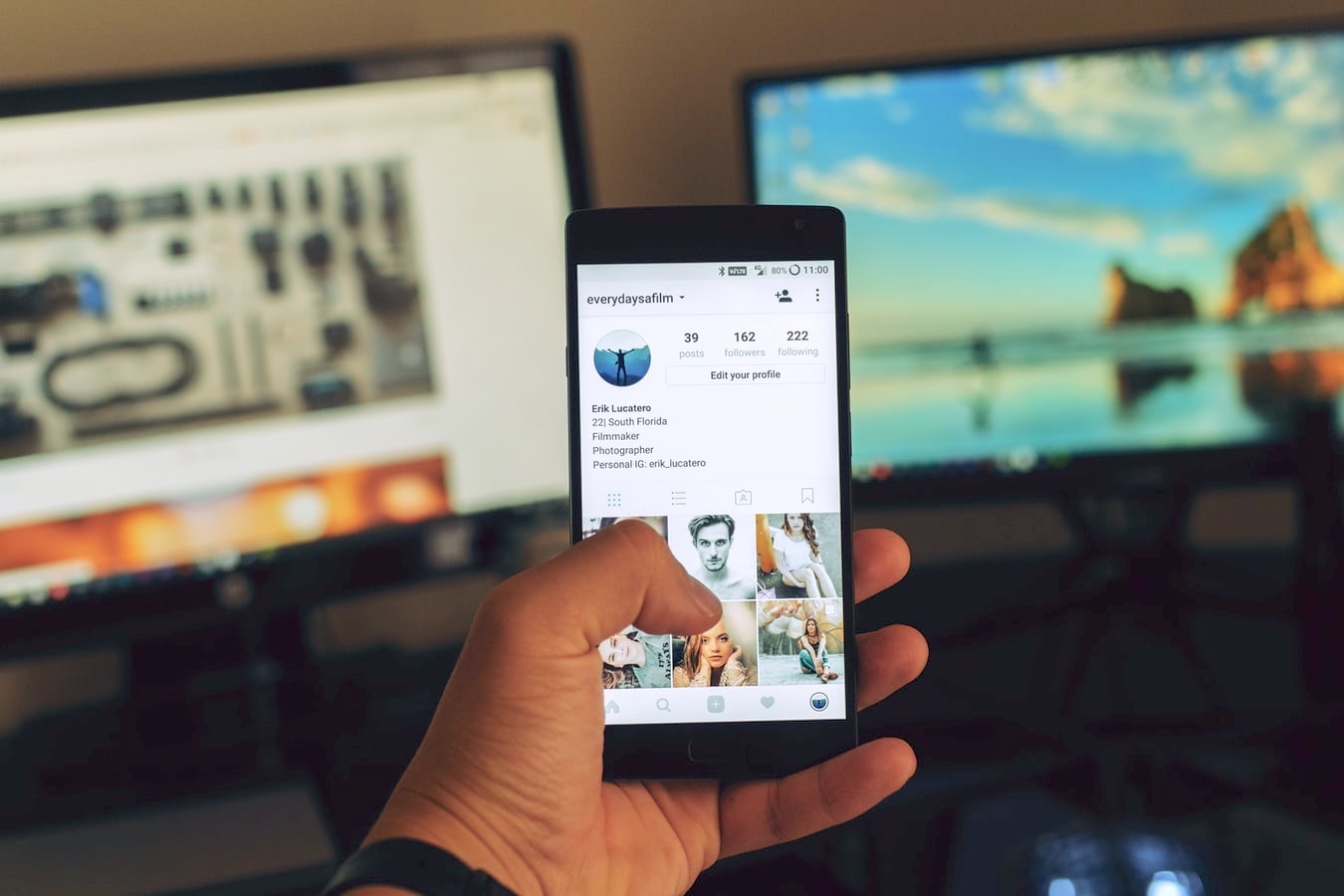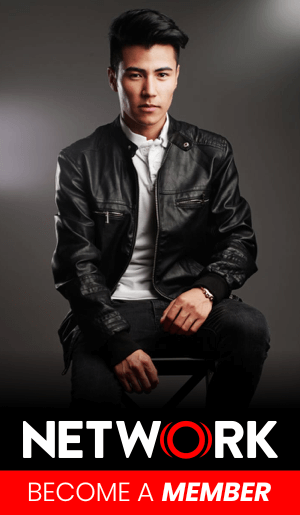
© Erik Lucatero
Social media has quickly and effectively wormed its way into our everyday lives. Whether we’re checking on our favorite influencers first thing in the morning. Or stay connected with friends across the globe. It can be hard to think of life without it.
Not only has it transformed the way we go about our day, but it also has the power to change industries. And the film industry is no different. Just like the new technological age is continually revolutionizing film, so is social media. It gives marketers a unique platform to promote their latest blockbuster. But it also offers viewers a certain power over how movies are made.
And the newfound power viewers have over the film industry has started to reshape its landscape.
Advertising Prowess
The dawn of the internet gave marketers across all sectors a new way to communicate with the masses. And this amplified when social media rose in popularity. Social channels have opened doors for marketing opportunities. It has created a whole new sector of jobs, where it’s someone’s responsibility to understand what makes the internet tick.
Social media gives filmmakers the chance to build anticipation for new releases like never before. A following can be made way before launch day with teaser trailers, a look behind the scenes, and media images that audiences can interact with. It lets studios tap into underground cult-like followings of franchises like never before.
But opening the door to social media often means opening the door to unwanted and unexpected criticism too.
Unhappy Audiences
If audiences didn’t like the look of something the film industry released, they had to wait until it came out in cinemas to voice their opinions. And sometimes, those opinions didn’t make it past their circle of friends and family. But access to social media means those opinions are considered by thousands, sometimes even millions of people. And they gain traction much quicker.
You only have to look at the Sonic The Hedgehog phenomenon. Upon release of the first trailer, people flocked to social media with cries of dismay. The animated character wasn’t what they wanted to see on screens at all. It was far too human. And too far away from the original iteration of the character. Audiences now don’t just demand media is made for people like them. They want it to be tailored for their tastes specifically. And if it isn’t, God help the studio that doesn’t heed their warnings.
For Sonic, the criticisms meant a complete rework of the character to keep audiences happy. But not all studios had the same reaction. Think about the aftermath post Game Of Thrones season 8. Audiences hated it. They disliked it so much that a petition to re-do the whole thing was started and gained traction quickly. But the studio didn’t react like Sonic. They welcomed the criticism but said they’d be no do-overs. Leaving audiences to mull over their anger in the echo chamber of the Game Of Thrones online following.
There would have been negative reactions like these over the many years of filmmaking. But social media means if you have an opinion, there’s a place for it to be heard. And there’s always at least one person who agrees, smacking out complaints on their own keyboard.
Demanding Diversity
Hollywood has an observable history of allegedly 'whitewashing' films. And fans have consistently demanded more diversity. Before social media, these demands were easily palmed off as entitled fans voicing opinions that weren’t of the masses. But now, Hollywood is being held to account.
Take the backlash Hellboy got. Ed Skrein was cast in the film to play a character that was supposed to be Asian. And fans took to the internet to voice their dissatisfaction. That backlash was so strong that Skrein voluntarily backed out of the role, and it went to South Korean actor Daniel Dae Kim. Skrein's decision to back out was met with high praise from audiences.
But there are plenty of times when actors or directors don’t fold under audience pressure. And it’s a huge loss for the film industry when diversity isn’t encouraged. Particularly if the character in question isn’t meant to be white.
There is another side to the coin. Because everything good that inspires progress within communities also comes with trolls who don’t agree. Take the live-action Little Mermaid film. When Halle Bailey was cast, tonnes of keyboard warriors flocked online to shout their dismay that a black woman would play a character that was white in the animated film. This was an instance where not bending to the will of social media was a good thing. The character didn’t need to be white for the story to make sense. And for young black girls to have a Disney princess that looks like them in mainstream media is unquantifiably important.
The Netflix Phenomenon
If you get social media right, domination over the film industry will be yours for the taking. And that’s easy to observe with Netflix.
Now it’s not just down to social media that Netflix has become so popular. It certainly helped. But it’s more down to them operating more like a social media platform themselves. They have thousands of film and TV options at viewers’ fingertips in an accessible format. It’s cheap, simple to use, and even simpler to share with your friends.
It’s become so popular that some of our favorite big-screen actors can be seen strutting their stuff for Netflix. And recently, they launched a feature that allows you to watch all the new and exciting releases with your friends simultaneously. As a result, they’ve become the social media king of film and TV.
Wrapping Up
Social media brings its own unique challenges to the film industry. Especially when it comes to balancing audience requests with the director’s ability to be creative and tell stories in their own way.
But there are times when that criticism is integral to moving forward. From demanding more diversity to requesting characters and situations that more accurately show real life. Social media can help filmmakers take their creations to the next level. Not to mention, they get marketing opportunities that are impossible to pass up.
Social media and the internet can be a challenge even for us average joes at the best times. There’s so much newness to navigate daily. Find out more about online support if you’re feeling overwhelmed. Because social media should be fun, not a challenge.





















